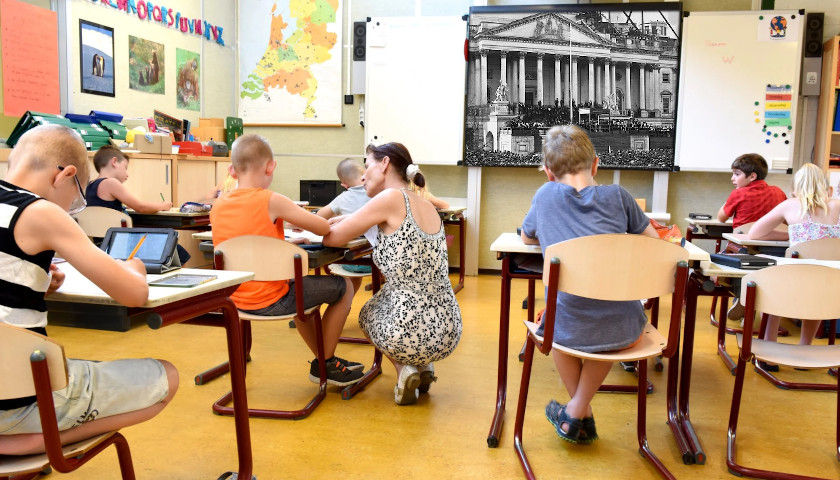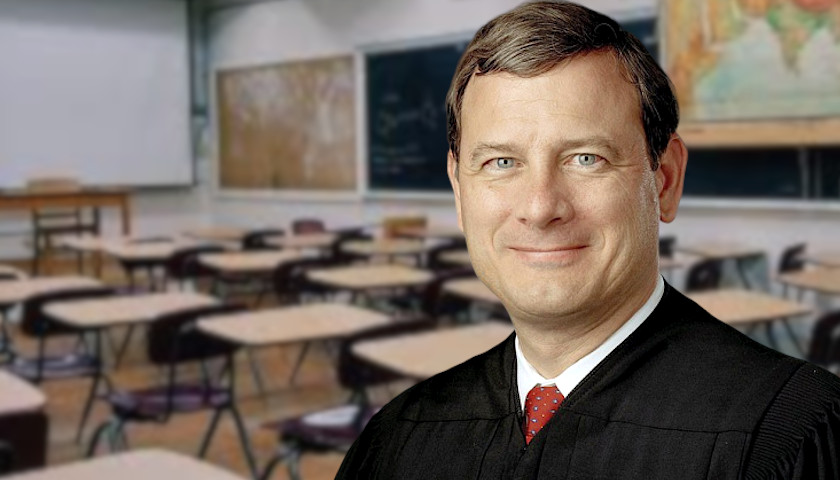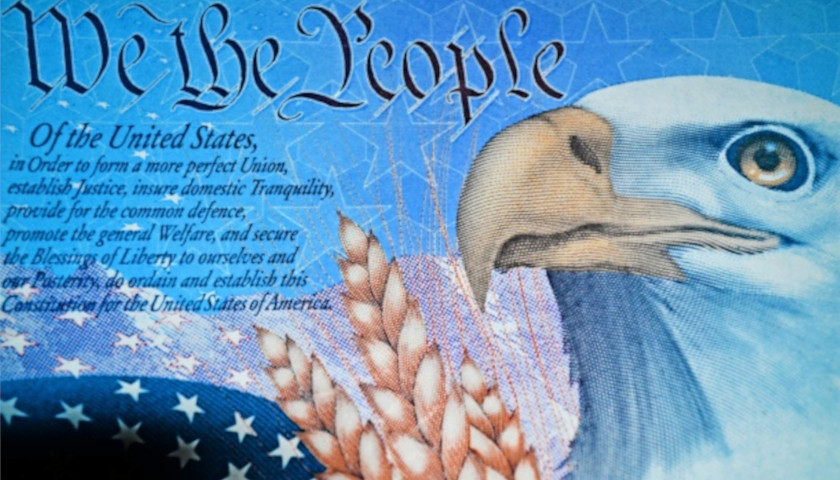At its founding, American K-12 public education was meant to prepare young people to be active participants in our democratic republic. That should still be its highest purpose, especially when it comes to teaching civics.
Historically, public schools held fast to the principle that effective education must be non-partisan. Knowing they had great power to influence young minds, teachers used to be careful to choose content and pedagogies that restricted their ability to impose their personal political views on schoolchildren.
Today, maintaining non-partisanship is more important than ever in classrooms. Sadly, it’s increasingly dishonored. Civics has become a hot-button issue of late, particularly after remote learning allowed more parents to see what their children were actually being taught. Many were not happy with what they saw, and the debate over civics education is symptomatic of the larger divide that has become such a looming threat to American society.
Read More









